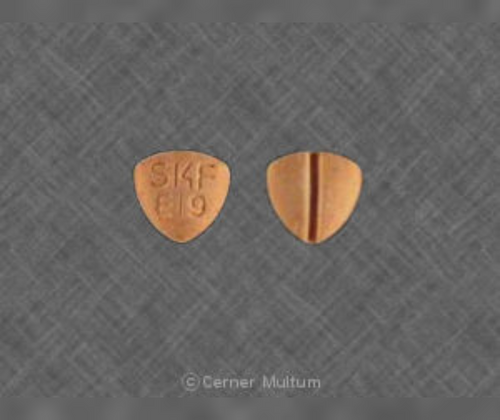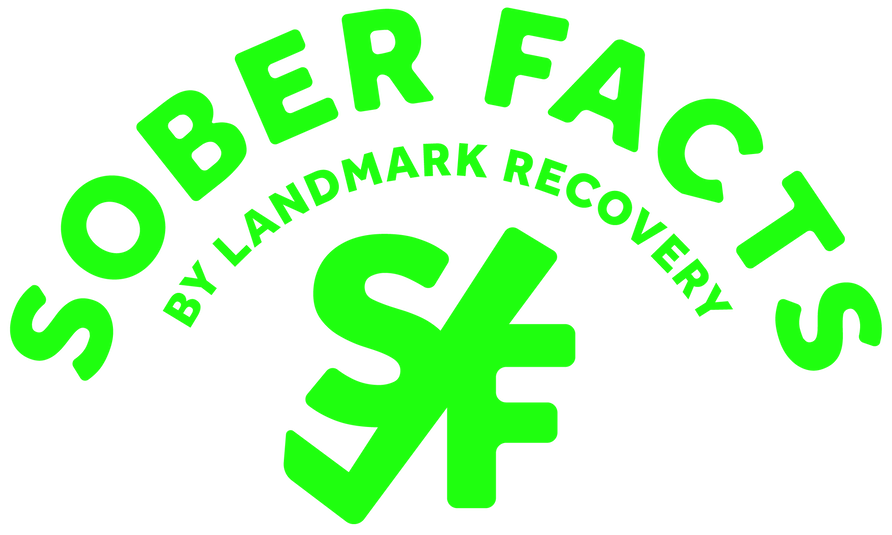Choosing recovery close to home means your support system is just a few miles away.
- 100% Confidential
- Available 24/7
- No Pressure to Commit
- Multiple Financial Options Available
Choosing recovery close to home means your support system is just a few miles away.

Sounds Like: DEK.suh.drin
Classification: Central Nervous System (CNS) Stimulants
Controlled Substance Act Schedule: II
Other names for Dexedrine

Dexedrine is a brand-name prescription drug. It’s a long-lasting form of dextroamphetamine, which belongs to a class of drugs known as central nervous system (CNS) stimulants. It works by affecting the area in the brain responsible for hyperactivity and impulse control.
Therefore, Dexedrine is a prescription used to treat behavior problems in children with attention-deficit/hyperactive disorder (ADHD) and other people with narcolepsy. Prescription CNS stimulants like Dexedrine are also known as “study drugs,” because many high school and college students take the drug to stay focused on homework and other assignments.
Dexedrine is a Schedule II under the Controlled Substances Act, meaning it has a high potential for abuse that can lead to addiction. Amphetamines like Dexedrine can increase the heart rate of users and make them feel more excited. It accomplishes this by increasing the number of chemicals in the brain that contributes to higher levels of concentration and decreased fatigue. The effects of Dexedrine resemble cocaine but last much longer.
Repeated use of Dexedrine can cause people to experience cravings or make them feel sick if they try to quit using it. These are signs of mental and physical dependence. Many people will take more Dexedrine to feel “normal,” and might have to go through medical detox to safely remove the drug from their system.
Prolonged use can cause serious symptoms such as sleeping problems, irregular heartbeats and mood swings. Drinking alcohol while taking Dexedrine or combining it with street drugs can increase the risk of serious complications like strokes, seizures or a fatal heart attack.
Need help with Dexedrine or another drug addiction?
Call Landmark Recovery and speak with an admission specialist today.
Call NowWe're available 24/7 to help you find Recovery
Dexedrine was approved by the U.S. Food and Drug Administration in 1976 to treat ADHD and narcolepsy. When prescribed by doctors, Dexedrine helps children focus and also helps people sleep better.
Take Dexedrine exactly as directed by your doctor or pharmacist.
Dexedrine is taken by mouth and available in a range of short-acting to extended-release (long-lasting) tablets. The prescription stimulant is not recommended for children under the age of six.

If any of these side effects become severe, immediately call a doctor.
Uncontrolled cravings for Dexedrine
Unsuccessful attempts to stop using the drug
Physical withdrawal symptoms when attempting to quit using Dexedrine
Prioritizing the use of Dexedrine over spending time with family or friends
Legal or financial problems
Use of Dexedrine despite adverse or negative behaviors
Stealing items or money to buy more Dexedrine
High blood pressure
Insomnia (trouble sleeping)
Irregular heartbeat
More than five million American misuse prescription stimulants like Dexedrine
Dexedrine has a street value of $10 per 15-milligram pill
Dexedrine is more potent than other ADHD medicines like Adderall